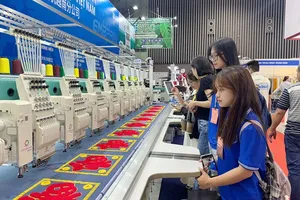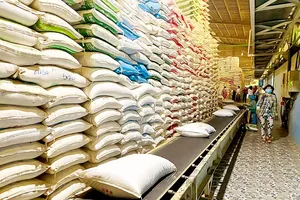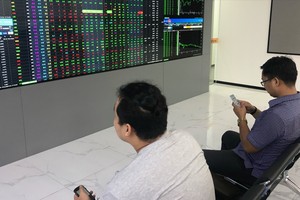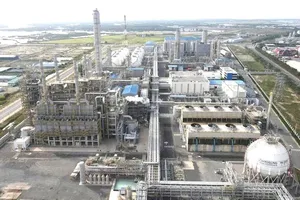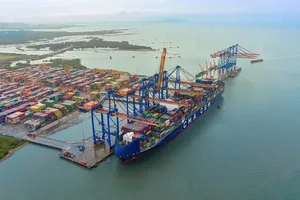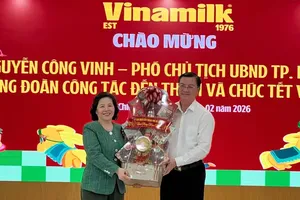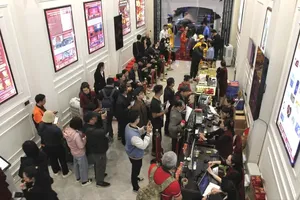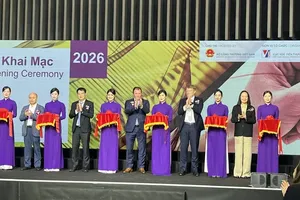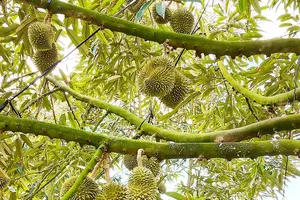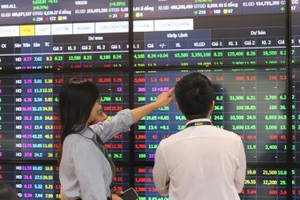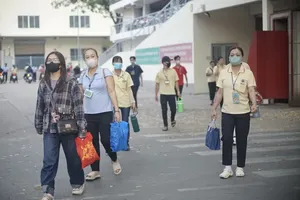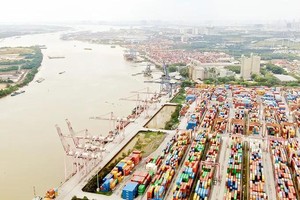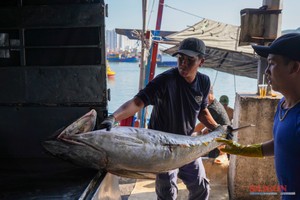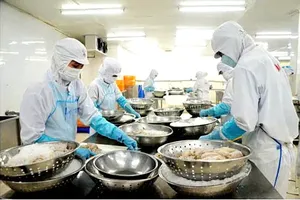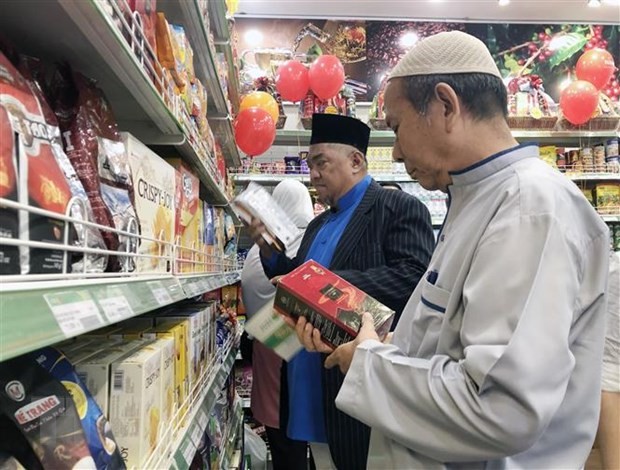
Cao Thị Thanh Van, deputy director of the HCM City Investment and Trade Promotion Centre (ITPC), said the disruption in global supply chains was both a challenge and an opportunity for Vietnamese businesses to make inroads into the global supply of Halal products.
Some businesses have been actively seeking new markets, including the Muslim market. “However, the market has specific standards that Vietnamese firms must study and follow,” she said.
The Muslim community represents a major potential market for Vietnamese exports, although many Islamic countries have imposed specific standards that local businesses must strictly follow in order to gain entry into the market, according to Van.
Ramlan Osman, sales director at the Halal Centre in Vietnam, said more than 1.8 billion Muslims worldwide only consume Halal-certified products with annual consumption demand reaching $2.8 trillion.
Most of them live in Malaysia, Indonesia, Brunei, Saudi Arabia, United Arab Emirates (UAE) and other countries in the Middle East.
Since only a few of these countries produce halal products, the market potential is huge.
Entering the markets would improve Vietnam’s ability to sell products and open up greater export opportunities for local firms.
Vietnam has great potential to develop a halal economy. With Vietnam’s GDP growth increasing on average of 6 to 7 per cent per year, Vietnam has a strong base for halal industry development.
Vietnam also has an advantage in raw materials for halal production such as coffee, rice, seafood, spices, beans and vegetables, among other items.
Businesses must first obtain Halal certification, which meets strict religious requirements and complies with food safety and hygiene standards imposed by Muslim countries, before products can be sold in the market.
However, the requirements and standards can vary among countries, so local firms should consult with their partners to fully grasp standards set by each particular market.
Of the 1.8 billion Muslims worldwide, one billion are from Asia.
Many countries are exploiting the Halal market. Among the seven countries with the highest exporting rates, only two are Muslim countries, Malaysia and the UAE.
Malaysia has developed its Halal Industry Master Plan 2.0, which aims to create Halal Malaysia, with a globalized culture and economy.
Meanwhile, the UAE plans to become an Islamic economic center, focusing on Islamic finance and Halal.
Demand for imported Halal products is valued at about $34 billion per year. Exports of halal products from Vietnam to these markets currently total about $10.5 billion.
The online event was organised by ITPC and Halal Vietnam Center
